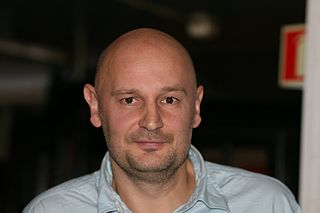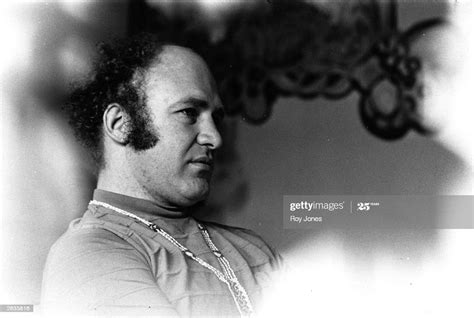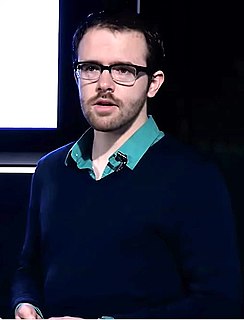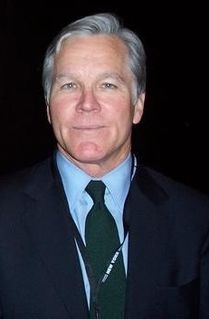A Quote by Karen Russell
I do think that I have a more flexible view of the interactions between people, and between human and non-human protagonists, humans and their landscapes.
Quote Topics
Related Quotes
One problem with people is that as soon as they fill a space it's them you see and not the space. Large, desolate landscapes stop being large, desolate landscapes once they have people in them. They define what the eye sees. And the human eye is almost always directed at other humans. In this way an illusion is created that humans are more important than those things on earth which are not human. It's a sick illusion.
My view of ethics and of its priority is connected to my view that we are fundamentally relational beings - both the product of human interactions, as well as committed as part of the expression of our own humanity to various social involvements. I see ethics as having two places in the maintenance of these relational activities - first as providing the basic coinage of our interactions qua humans and second as mediating the various roles we assume as humans.
Community, then, is an indispensable term in any discussion of the connection between people and land. A healthy community is a form that includes all the local things that are connected by the larger, ultimately mysterious form of the Creation. In speaking of community, then, we are speaking of a complex connection not only among human beings or between humans and their homeland but also between human economy and nature, between forest or prairie and field or orchard, and between troublesome creatures and pleasant ones. All neighbors are included.
It's one of the bases of all human existence - the relation between parents and children, whether biologically or metaphorically. It's something we can never get away from, even in a civilization where we're controlled by robots. It's the basic relationship between mature people who represent paternal and maternal figures and young people. It's universal - it's part of human existence. It's always been that way, and it will always be that way if humans remain around.
The Hawk and the Dove is a wonderful idea for a book, wonderfully carried out. Nicholas Thompson has used illuminating new material to present each of his protagonists in a convincing, respectful, but unsparing way. Even more valuable, he has used the interactions and tensions between Paul Nitze and George Kennan to bring much of American 20th century foreign policy to life, with human richness ever present but with the big issues clear in all their complexity.
From a human point of view, the difference between the mind of a human and that of a mountain goat is wonderful; from the point of view of the infinite ignorance that surrounds us, the difference is not impressive. Indeed, from that point of view, the goat may have the better mind, for he is more congenially adapted to his place, and he would not endanger his species or his planet for the sake of an idea.
To me, a philosopher who says that the distinction between human and nonhuman depends on whether you have a white or a black skin, and a philosopher who says that the distinction between human and nonhuman depends on whether or not you know the difference between a subject and a predicate, are more alike than they are unlike.






































